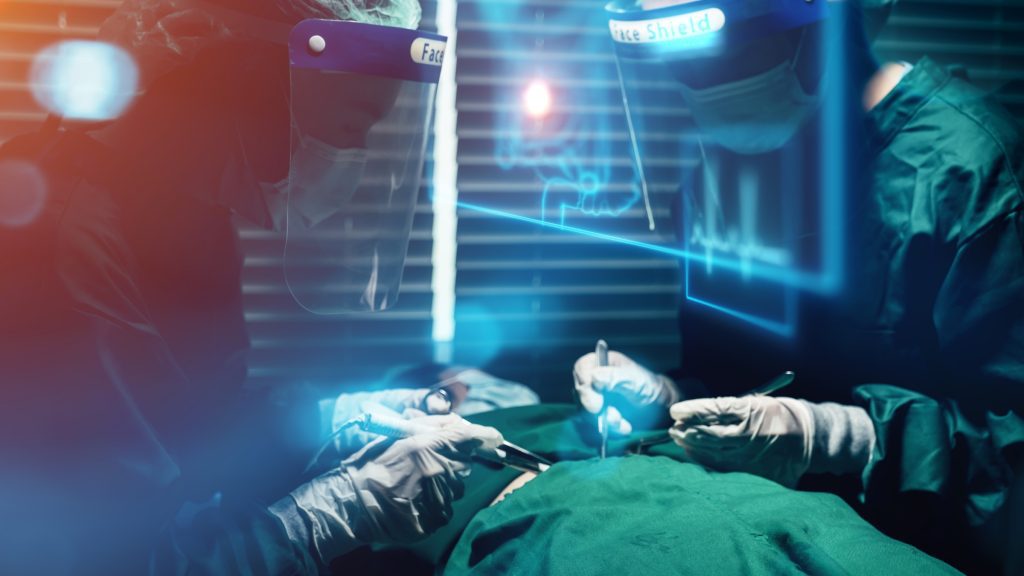
Johns Hopkins University researchers have developed an AI model to analyze routine heart tests to predict which patients face life-threatening complications after surgery, outperforming current medical risk scores through predictable surgical technologies.
Published in the British Journal of Anaesthesia, the study, “New AI model predicts surgical complications more accurately than current scores” found that technology in surgery predictions system identified patterns in standard electrocardiograms (ECGs) that human doctors cannot detect.
“We demonstrate that a basic electrocardiogram contains important prognostic information not identifiable by the naked eye. We can only extract it with machine learning techniques,” said senior author and chief of the Division of Informatics, Integration and Innovation at Johns Hopkins Medicine, Robert D. Stevens.
A substantial number of patients develop complications such as heart attacks, strokes, or death following major surgeries. Risk scores in use today, however, are correct only about 60% of the time for the diagnosis, highlighting the value of the technology and surgery predictions being more precise methods.
Applied Predictive Technologies New Insights from ECGs
To further refine the surgical AI predictions, the Johns Hopkins scientists examined pre-surgical ECG records from 37,000 patients at Boston’s Beth Israel Deaconess Medical Center. They applied two models of artificial intelligence: one, which was trained exclusively on ECG information, and a “fusion” model, which included both ECGs and patient information such as age, gender, and medical history.
The results of true digital surgery with predictable surgical technologies were stunning. The ECG-only model performed better than standard risk scores, while the fusion model achieved 85% accuracy in predicting complications within 30 days of surgery.
“Surprising that we can take this routine diagnostic, this 10 second worth of data and predict really well if someone will die after surgery,” said lead author Carl Harris, a PhD student in biomedical engineering.
In addition to innovative surgical precision outcomes, the surgical innovations also identified which ECG features were linked to complications, potentially providing doctors potential leads to underlying risk.
Surgical AI to Improve Patient Experience in Hospitals
The predictable surgical technologies are promising, however, and the scientists were not hesitant to emphasize the importance of careful adoption. The AI-based medical surgery technologiesmodel is still in need of testing and needs to be validated against other patient datasets. The researchers also intend to conduct prospective studies on patients undergoing surgery.
“You can imagine if you’re undergoing major surgery, instead of just having your ECG put in your records where no one will look at it, it’s run thru a model and you get a risk assessment and can talk with your doctor about the risks and benefits of surgery,” Stevens explained.
Which technology enables surgery to be more precise? If widely adopted, the AI prediction validation in medicinesystem could transform surgical decision-making, providing both patients and clinicians with powerful new tools to prevent complications and improve survival rates.
Inside Telecom provides you with an extensive list of content covering all aspects of the Tech industry. Keep an eye on our Medtech section to stay informed and updated with our daily articles.